When you have a passion for movies, it can lead to all sorts of discoveries. Some are really horrendous and can make you wish for the invention of time travel so you can erase the apparent eternity spent watching it and yes “In Between Loves” am referring to you! Yet others are a complete delight that the minutes fly by and the sadness is that it has to end. “Final Victory” is one of those latter ones. An unexpected pleasure that surprises and entertains in equal measure.
Buy This Title
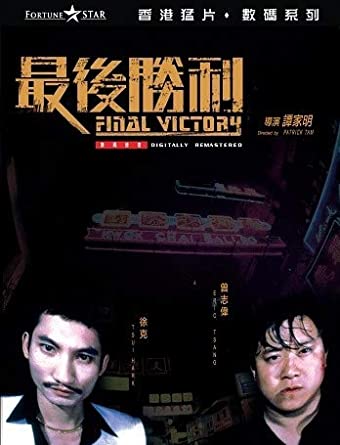
Bo (Tsui Hark), a gang boss is due to go to jail. On his last night of freedom, he orders his childhood friend and follower Hung (Eric Tsang) to keep an eye on his two wives and under no circumstances to let them meet. Ping (Margaret Lee) he soon discovers is in trouble with a loanshark and so reluctantly comes with him to Japan in search of the recently fled Mimi (Loretta Lee). Mimi is also in difficulty being forced to work as a stripper. Although Hung helps her to escape, it is at the expence of Ping getting captured and ransomed. Inevitably, the two ladies discover the truth as Hung and Mimi get closer. A vengeful Bo vows to hunt them down and the trio plan a robbery to finance their escape. Ultimately their intertwined fates will be decided as the consequences of their actions unravel.
Nowadays, Eric Tsang is a reputed character actor who has given stellar dramatic performances in “Infernal Affairs” and “Metade Fumaca”. In 1987 he was still best known as the bumbling clown sidekick and Hung is one of the first times we get to see his real abilities. He's still a bumbling and at times incompetent figure but Eric Tsang brings out his humanity and is the heart of the story. He possesses an incredibly expressive face and we get to see the inner sadness and torn loyalty in the quieter moments. He's an unlikely romantic lead but pulls it off. Contrasting him is Tsui Hark in a rare dramatic role as Bo. His angular features and barely restrained rage make him a dangerous presence that inhabits the whole feature. It's no one-note caricature though, the final beach confrontation with Hung is tinged with sadness as we discover the bond between them in more detail and the conflict within.
Loretta Lee as the tomboyish Mimi and Margaret Lee's haughty Ping also get meaty parts. Mimi is a resourceful character and the gradual, hesitant romance with Hung forms the drive of the middle act. Ping is the more interesting female role though. Still in love with Bo but aware of the eventual fading of her looks, she presents a tough exterior but recognises the qualities in Hung that Mimi also sees. Her character grows throughout as grudging allies become loyal friends.
Patrick Tam is ably supported by his cinematographer and future director Andrew Lau to create a rich romanticized visual amidst the speedier settings. There are several fairy tale moments such as Hung puttimg on Mimi's shoe and the slow motion rescue of her from a gang. The familiar use of medium and close up shots allow for the emotion to be captured effectively whilst the jail sequences are shot like soliloquies with only ever one person seen talking. The occasional jump cut is potentially distracting but overall the direction is another example of the overall quality.
The script was written by Wong Kar-wai prior to his succesful career and the signatures are there too with strong female roles and a romantic sensibility. Hung whilst being the lead role is a person unable to control his destiny as first he is Bo's subordinate and thereafter always following the ladies and facing a new situation to contend with. The idea of brotherhood that underpins most gangland tales is played with here. The first impression is that Hung is a simple follower of Bo. The violence of Bo leads us to view him as a typical thug and so it becomes understandable why Mimi would fall for the gentler Hung. Yet, at the conclusion, we learn that Bo also recognises this and the anger is equally internal as it is about his perceived betrayal. Mimi and Ping are the instigators of events rather than reactors. It is they that undertake the robbery and initially confront Bo about wanting to be free from him. The final scene is a reversal of the “I'll wait for for you” ending and the closing freeze frame leaves the movie ending on an optimistic note which again subverts the usual fatalism.
“Final Victory” is unusual in its casting and narrative but takes those differences and creates a fantastic film full of subversion of cliche and unexpected romance. Beautifully shot and exceptionally performed, it is simply a great production and a discovery worth making.


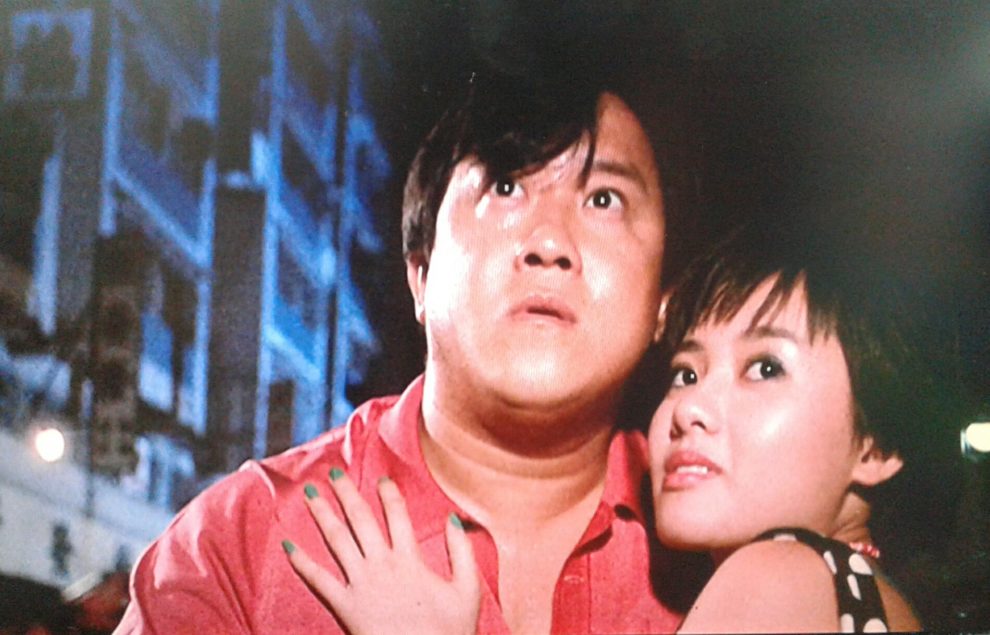
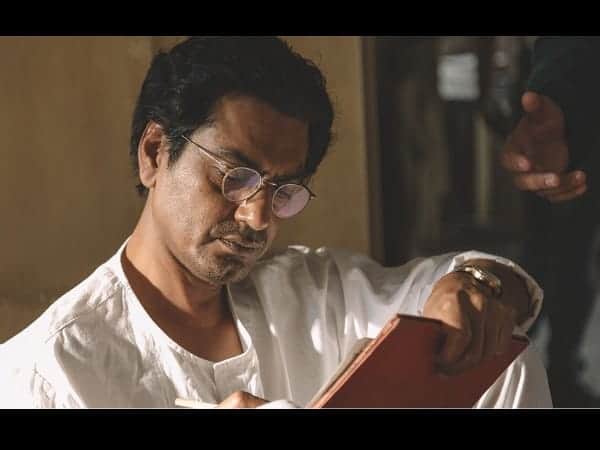

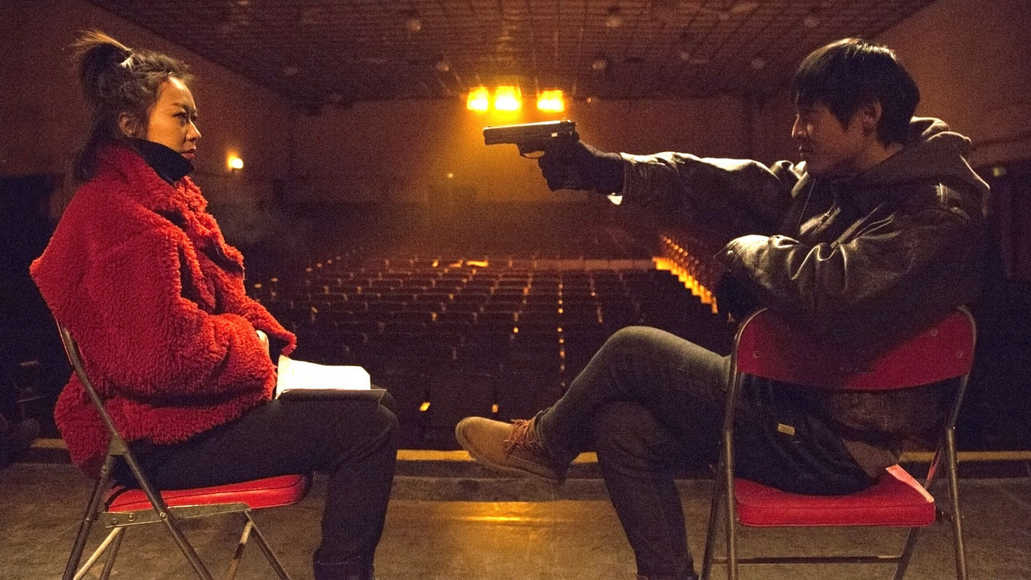
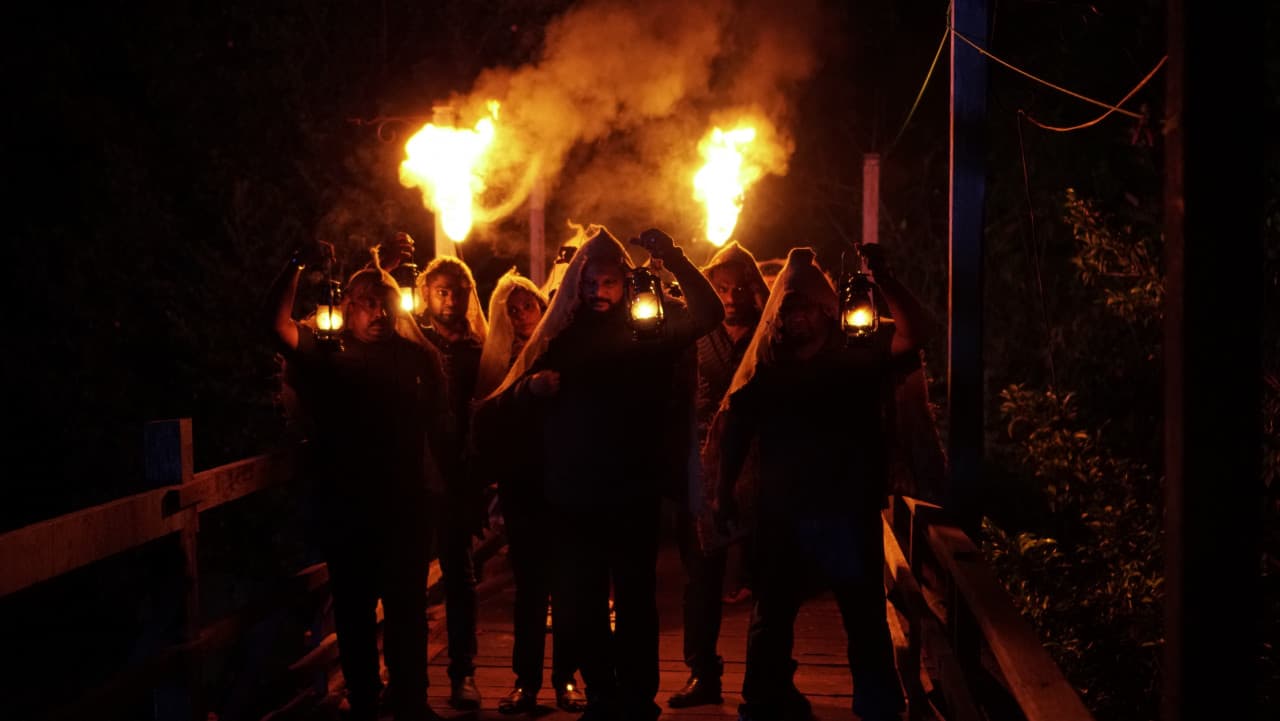
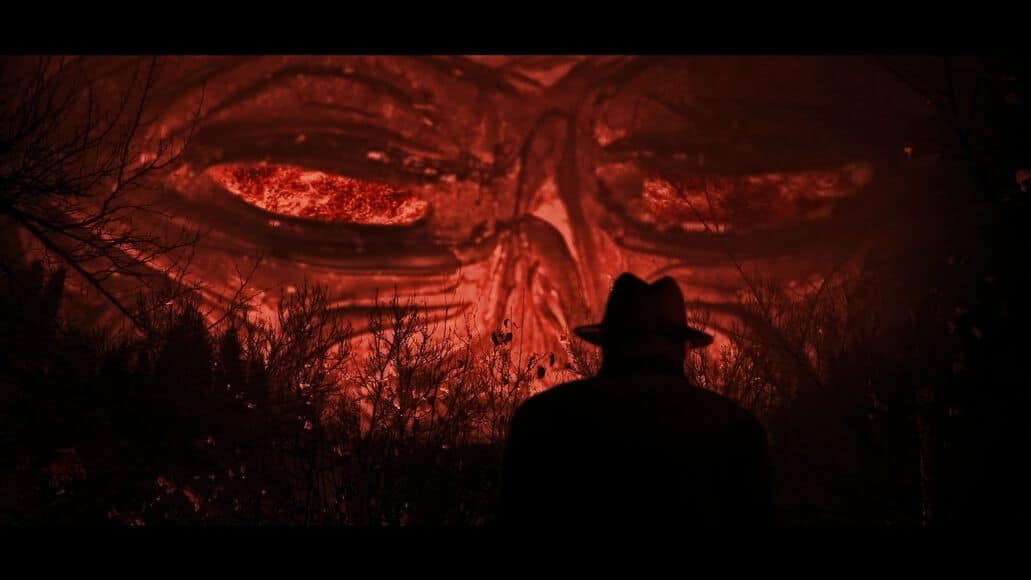
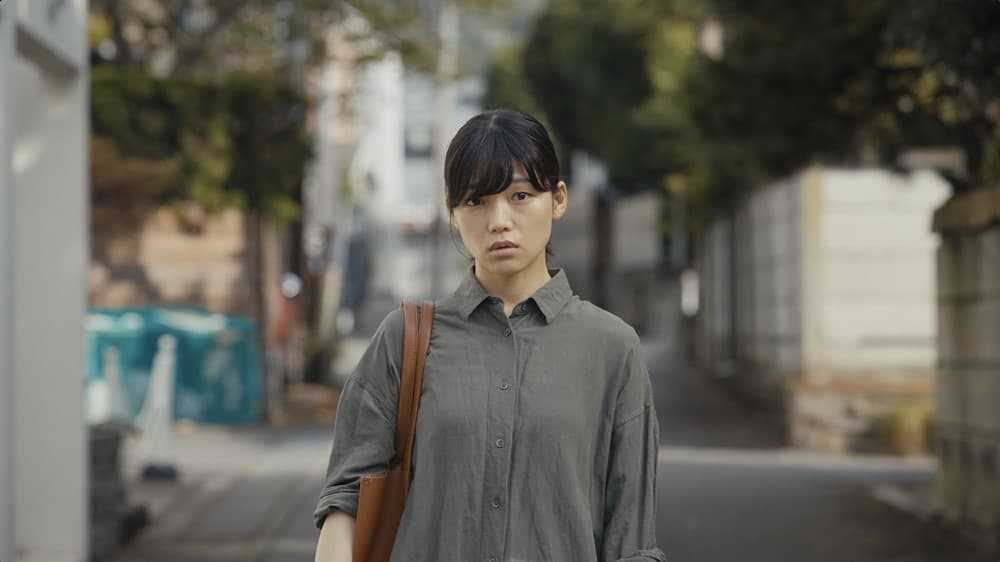







I was watching the movie a 2nd time and more intently this time and realized what a great movie it is.
Googled the movie to see if it won any awards/recognition and came across your review.
You touch on many points which I noticed, and then some. Just dropping a note to say that yours is a great review as well. Really well written.
Thank you.
Glad that you enjoyed the review. I thought it was a fantastic film that has really gone under the radar.